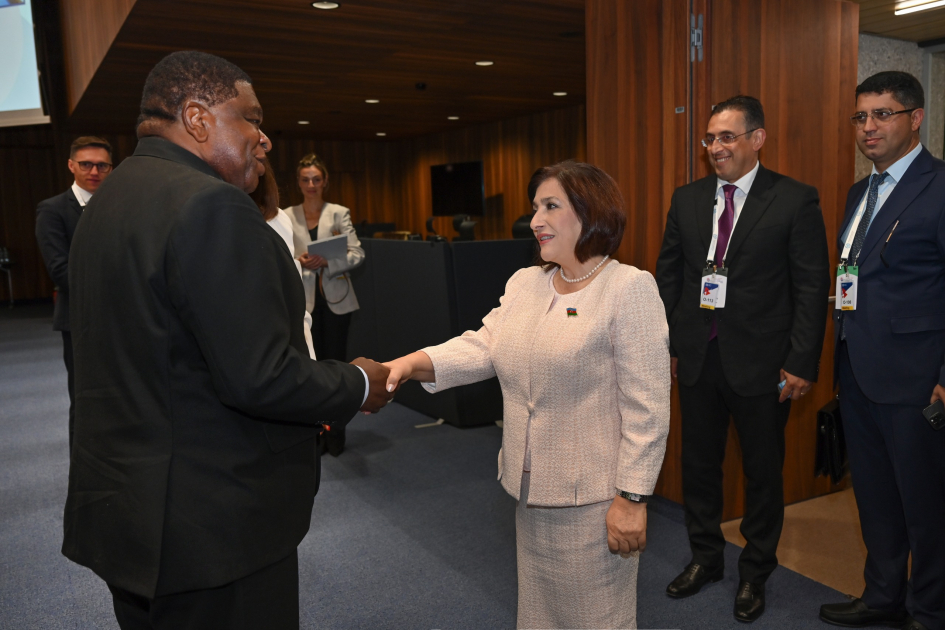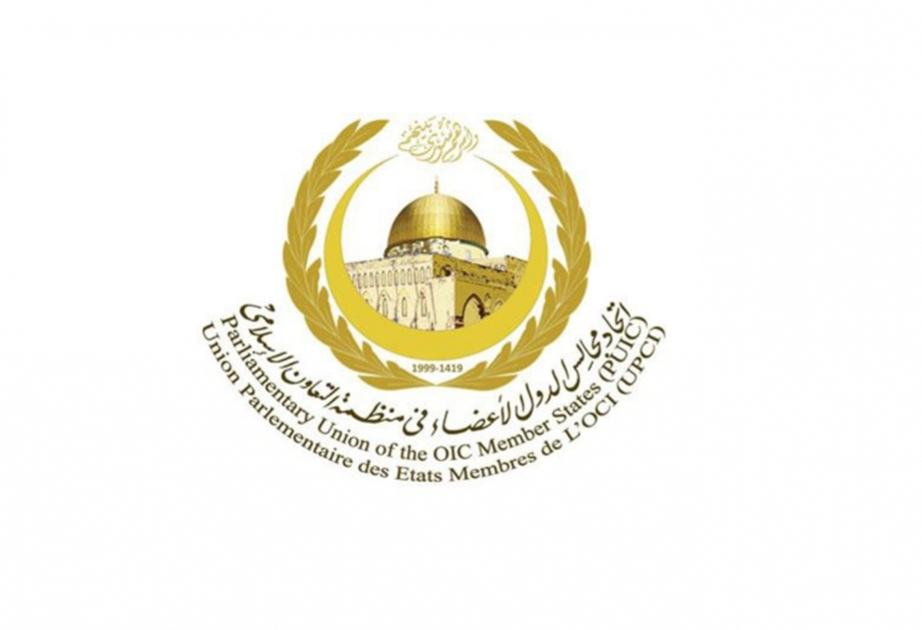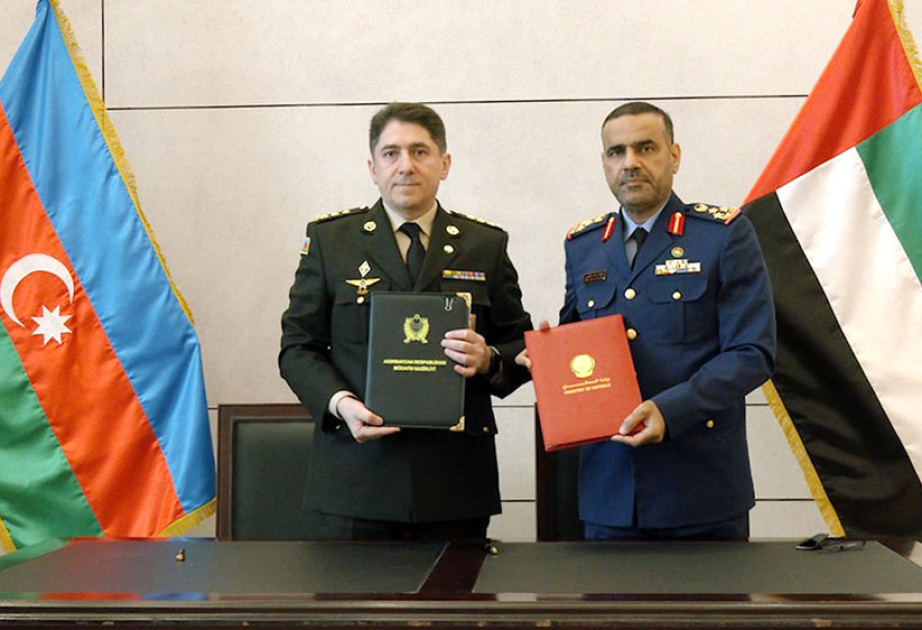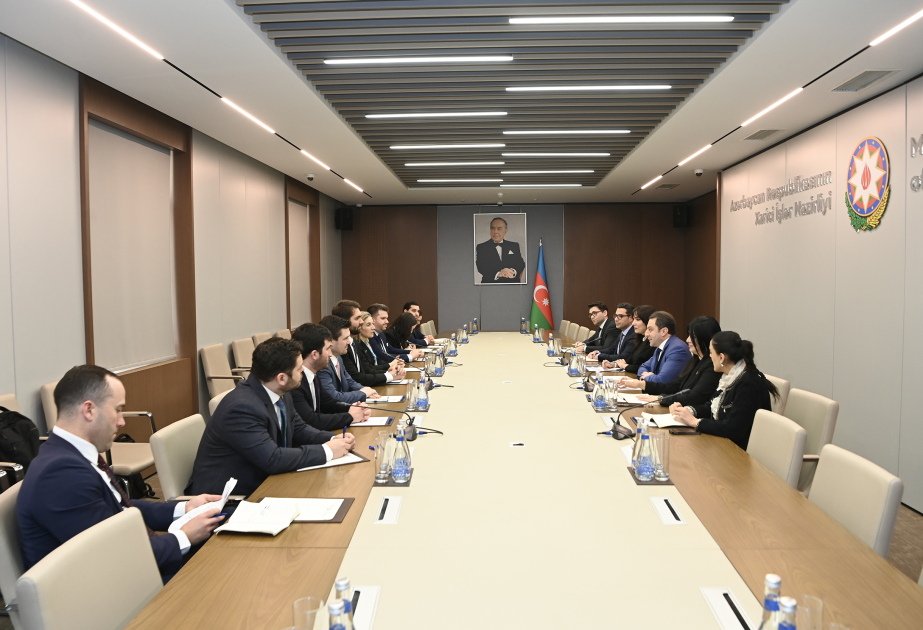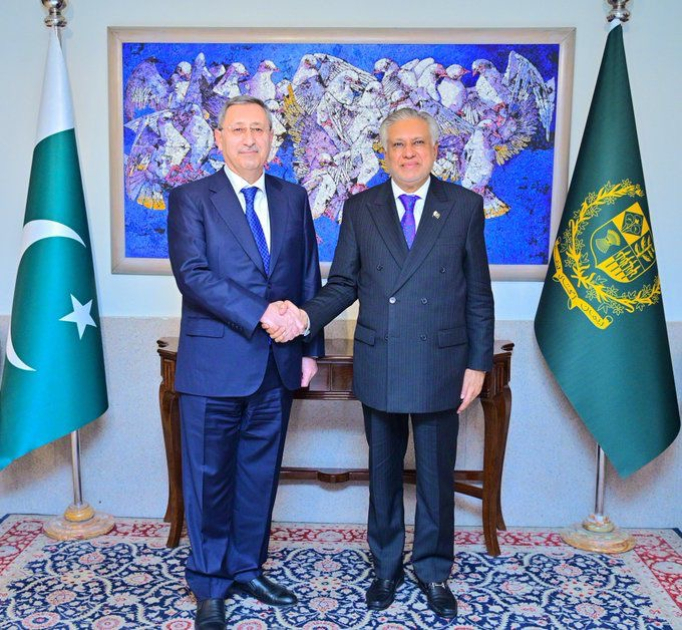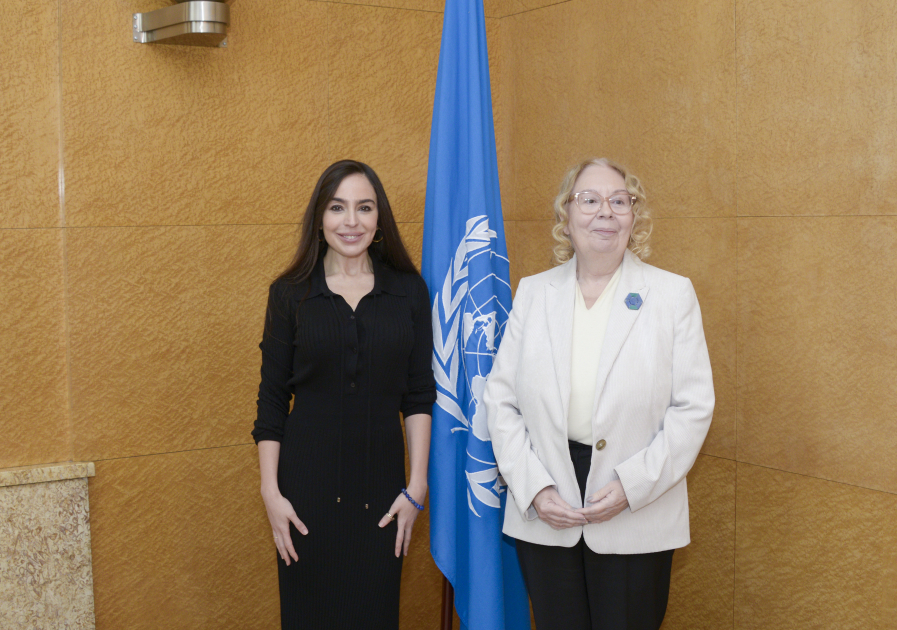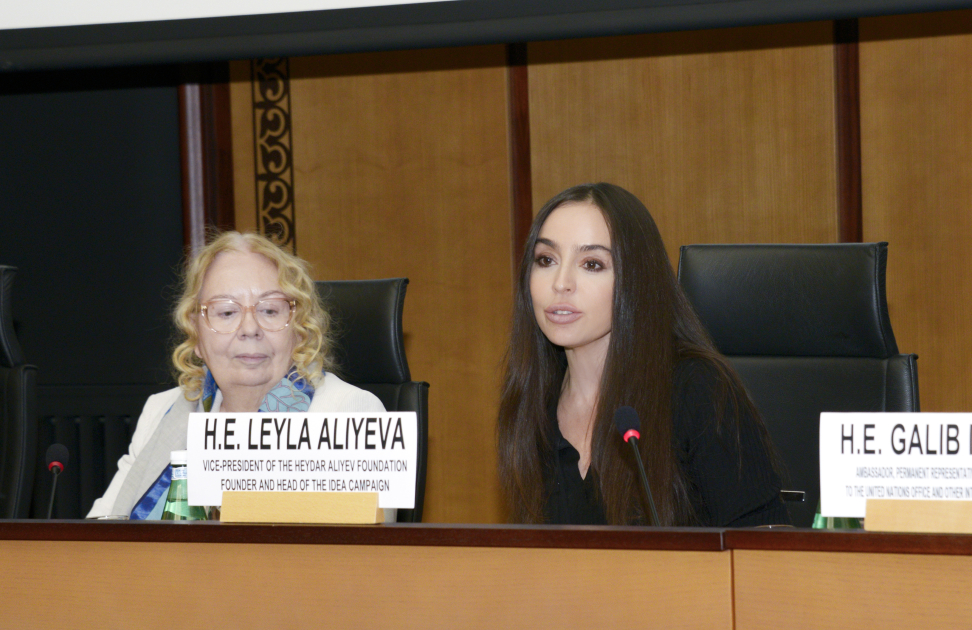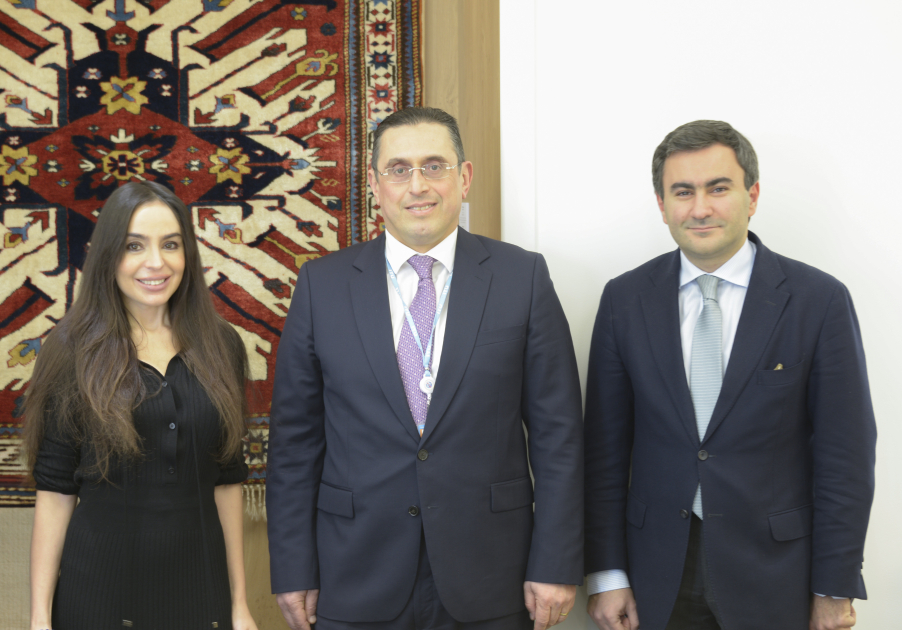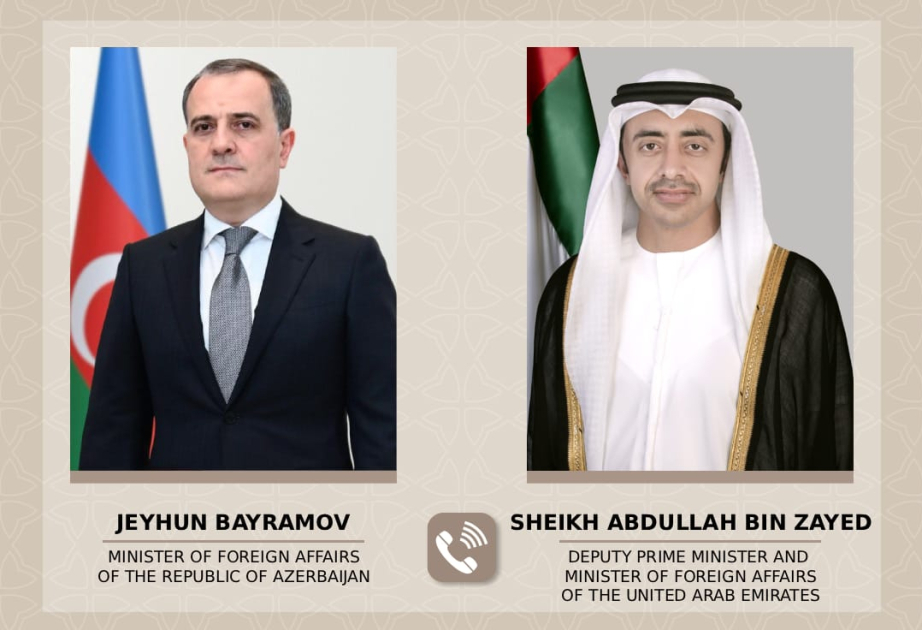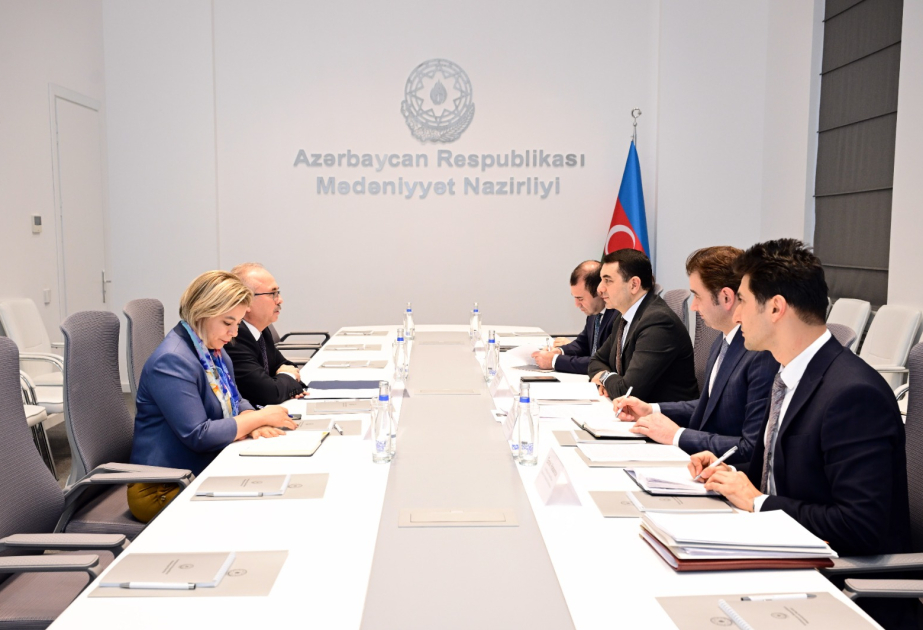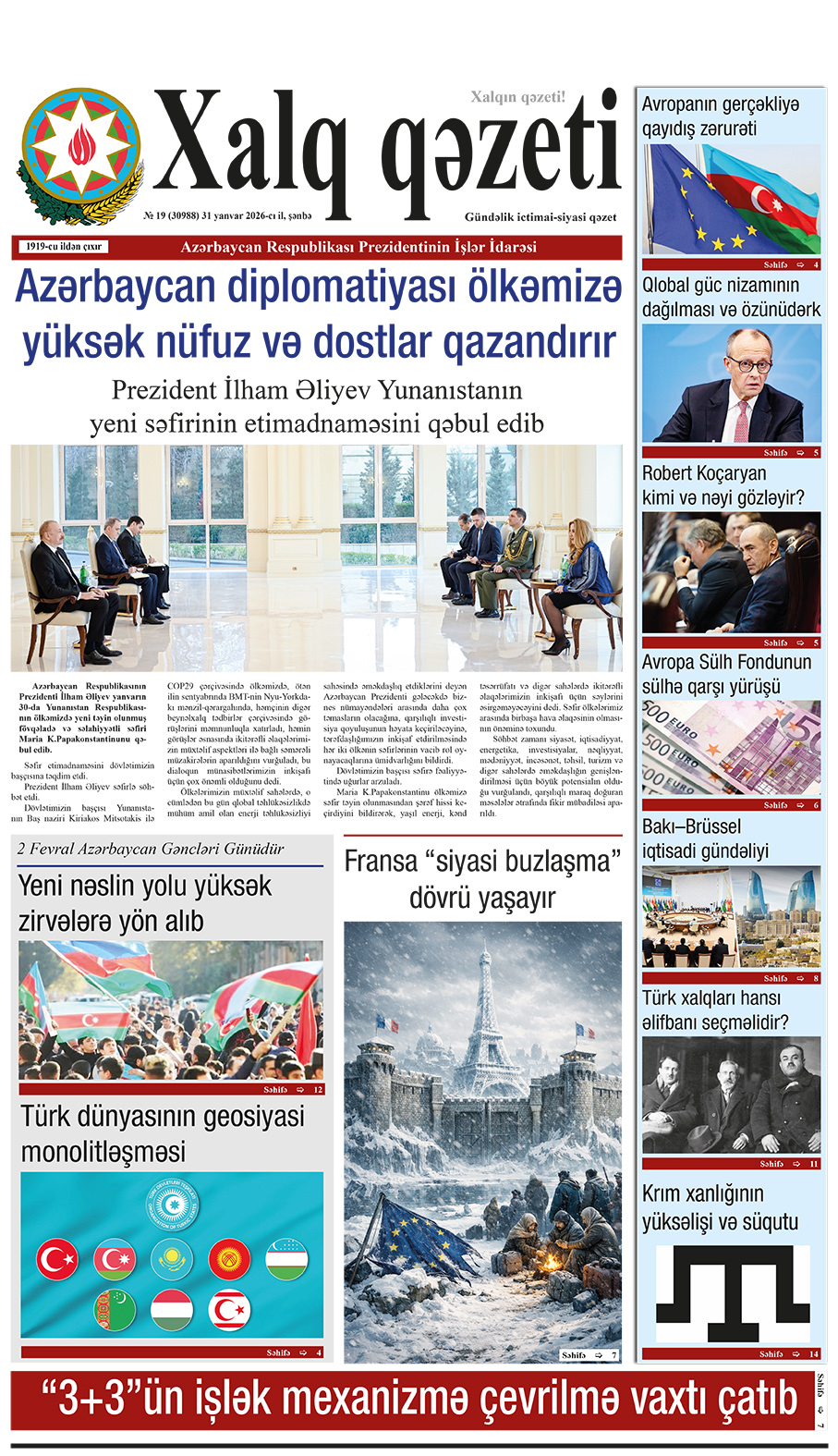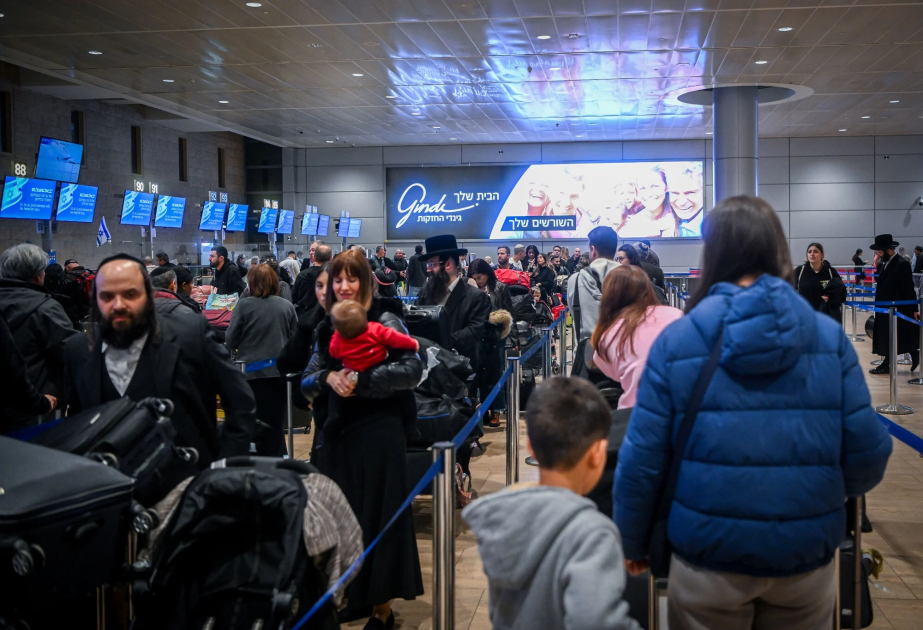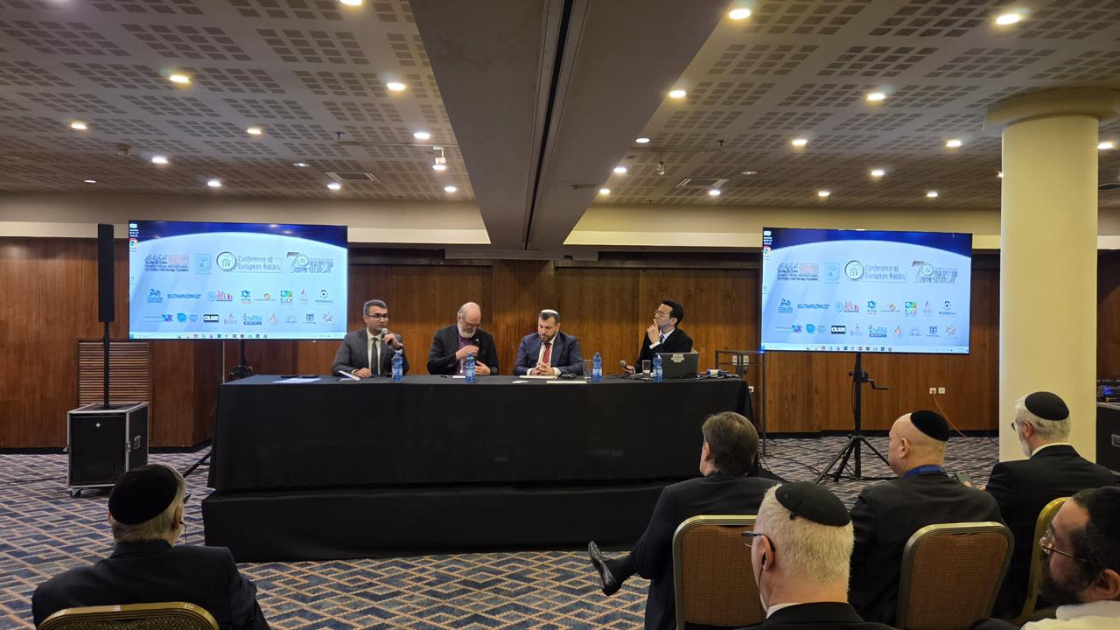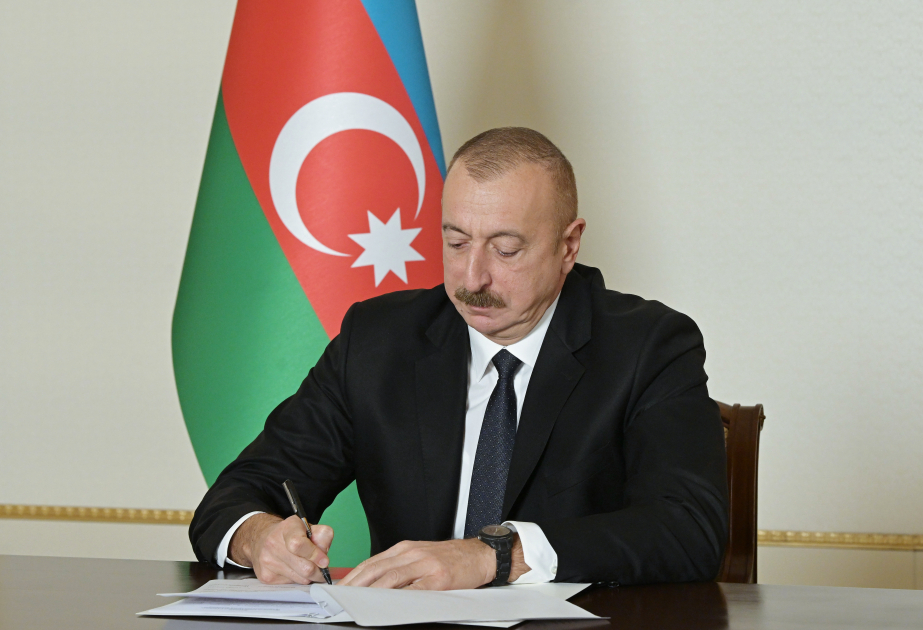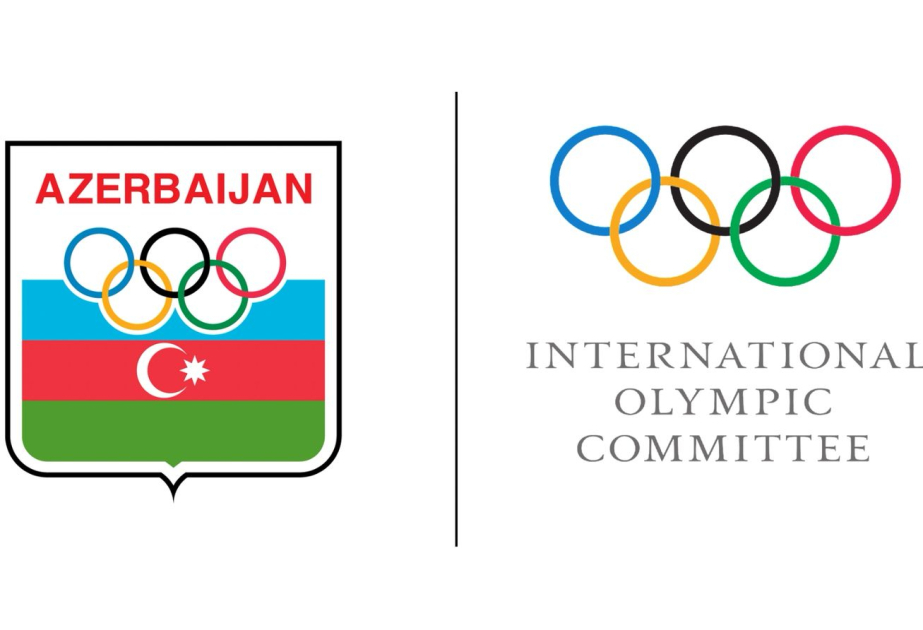The 15th Summit of Women Speakers of Parliament convened on July 28 in Geneva, Swiss Confederation, bringing together approximately 350 delegates, including women speakers from 29 countries and leaders of several international organizations.
Speaker of Azerbaijan’s Milli Majlis Sahiba Gafarova addressed the event, emphasizing the critical importance of the Summit in today’s global context. She underscored that in a world grappling with conflicts, wars, and humanitarian crises, women often find themselves in especially vulnerable positions. Gafarova noted that women face violence, forced displacement, and loss of access to education, healthcare, and social protection—factors that deepen existing gender inequalities and undermine progress in women's rights.
Highlighting Azerbaijan’s own experience, Speaker Gafarova recalled that in the early 1990s, 20 percent of the country’s territory was occupied by Armenia, resulting in widespread destruction, ethnic cleansing, and a humanitarian crisis. Nearly one million Azerbaijanis were displaced, 52 percent of whom were women and girls. “These women lost their homes, families, and security,” she said.
Gafarova also noted that Azerbaijan was among the first countries in the region to grant women the right to vote in 1918, ahead of many European nations. This historic milestone reflects Azerbaijan’s long-standing commitment to gender equality and women’s participation in public life. She emphasized that women who were once internally displaced persons (IDPs) are now playing an active role in the rebuilding of liberated territories.
Since regaining its territorial integrity in 2020, Azerbaijan has launched wide-ranging efforts to restore liberated areas and facilitate the return of former IDPs. Today, more than 50,000 people live, work, and study in these territories. Women are involved in the development of socio-economic infrastructure, the functioning of educational and medical institutions, and the restoration of cultural heritage.
Speaker Gafarova also mentioned that the draft “National Action Plan on Gender Equality,” currently under consideration, addresses the employment of returning women, enhancement of their digital skills, and research into their specific needs. However, she highlighted the challenge posed by the 1.5 million landmines planted by Armenia, which remains the biggest obstacle to reconstruction efforts. Azerbaijani women are also actively participating in demining operations, which require substantial human and financial resources.
Concluding her remarks, Sahiba Gafarova affirmed: “Despite all the challenges, sustainable peace cannot be built without the participation of women. Their involvement is not only essential to reducing the risks of violence but also to laying the foundation for lasting development.”


